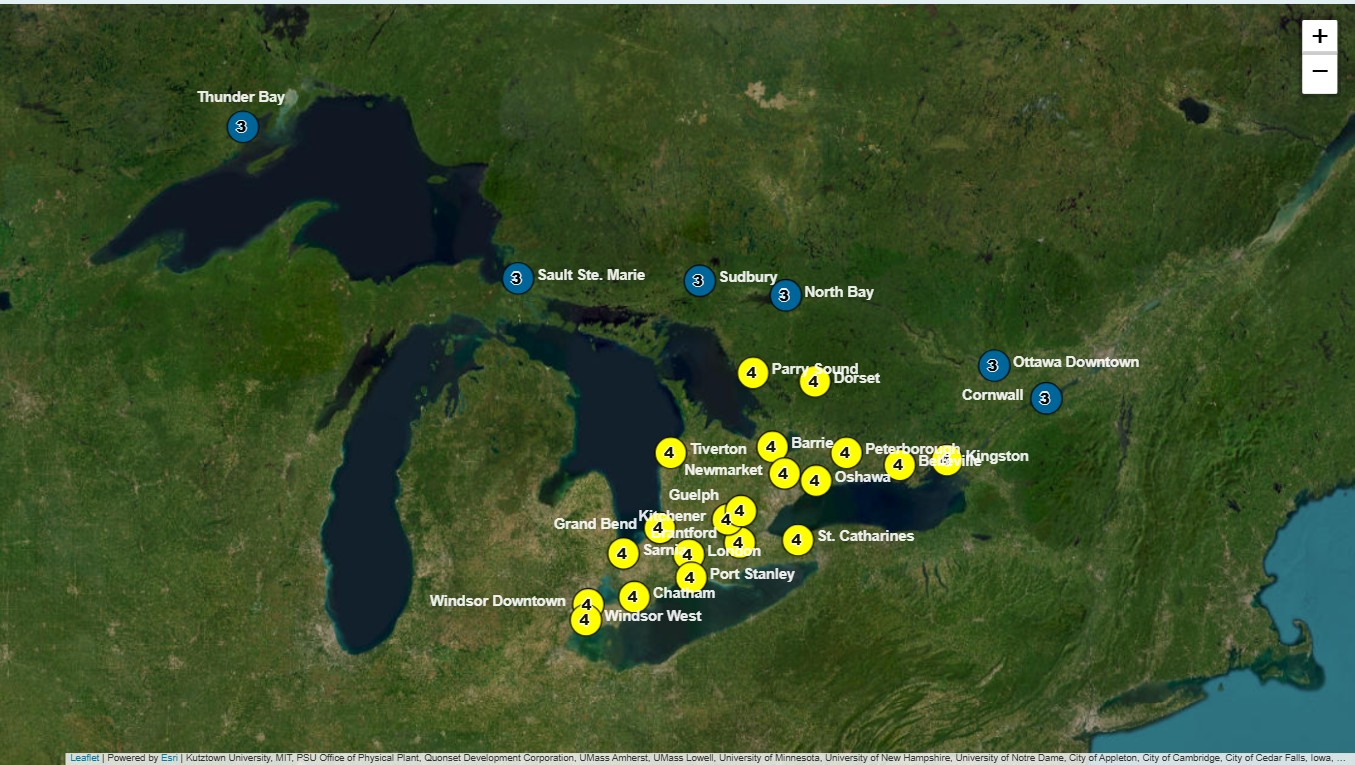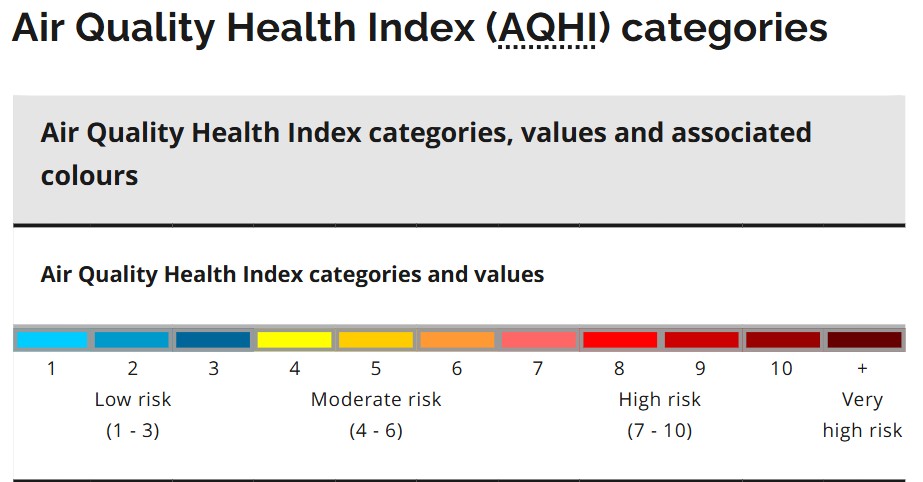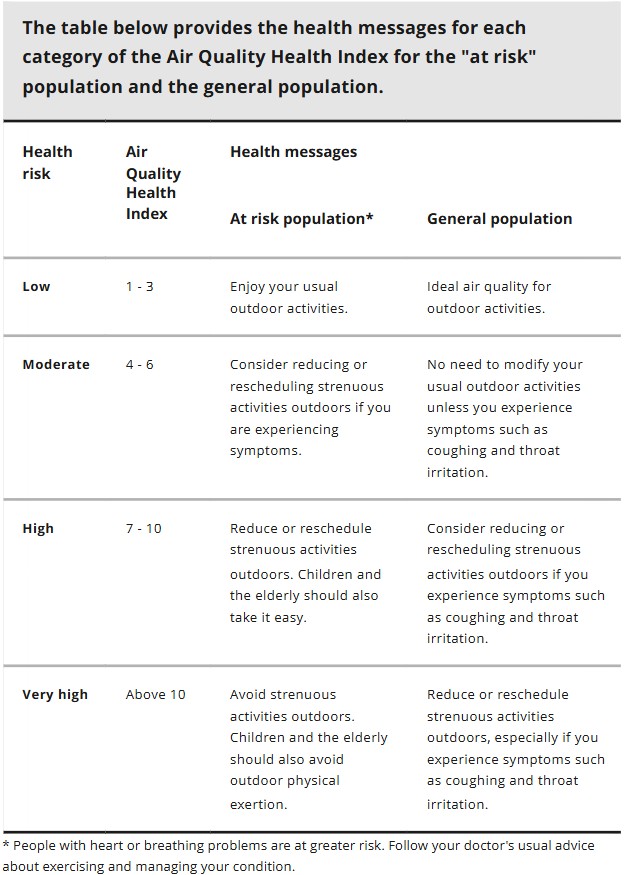Looking to introduce legislation for stronger work protections in response to more frequent extreme weather events

The Ontario Federation of Labour (OFL) is pushing for legislation that would provide better protections for workers amid worsening air quality, according to a report.
Air quality concerns are mounting across the province, fuelled by increasingly frequent wildfire smoke events, notes the group in a Canadian Press (CP) report.
The federation, which represents over 55 unions, says Ontario lacks provincial standards to protect employees from extreme heat and poor air quality, even though regulations exist for cold weather.
The OFL is now collaborating with the provincial New Democrats to introduce a motion in the legislature this autumn, advocating for stronger worker protections in response to more frequent extreme weather events, OFL President Laura Walton says, according to the report.
As part of this initiative, the OFL will be collecting heat and humidity data from workplaces across Ontario over the next six weeks and surveying workers about their experiences, including exposure to air quality advisories. Walton says this data will provide concrete evidence of summer working conditions when the issue is debated in the legislature later this year.
In 2023, the Canadian Football League (CFL) and the Canadian Football League Players Association (CFLPA) agreed to have a third party check air quality and provide measurements during games.
Air quality in Ontario
Environment Canada has issued multiple air quality warnings in Ontario this summer due to wildfire smoke drifting from other provinces, with conditions often deteriorating rapidly. Walton emphasised the importance of educating workers about their rights and the need for proper workplace protections, such as air purifiers and adequate ventilation systems, to reduce the risks posed by wildfire smoke.
Michael Lynk, professor emeritus of law at Western University and a former labour lawyer, tells CP that the growing frequency of air quality warnings should prompt unions to be more assertive in negotiating workplace rights. He notes that Ontario workers already have the right to refuse work if they feel unsafe due to extreme heat or smoke, a provision that can encourage employers to address health and safety concerns.
Lynk also highlights the role of joint health and safety committees, required in workplaces with 20 or more employees, as a key tool for advocating specific safety measures.
Based on the Ontario government’s Air Quality Index, the number of localities that are at moderate risk due to air quality is far greater than those that are at low risk:


Those in areas of medium risk should “consider reducing or rescheduling strenuous activities outdoors” if they are experiencing symptoms, according to the Ontario government.
Some large employers, such as the City of Toronto, are already taking steps to address these challenges. Toronto’s heat stress policy includes measures like rescheduling work to cooler times and providing cool spaces for staff, while its indoor air quality policy covers office environments. With extreme weather advisories expected to persist, Lynk anticipates unions will continue to push for stronger protections and that workers will be more likely to exercise their right to refuse unsafe work.





